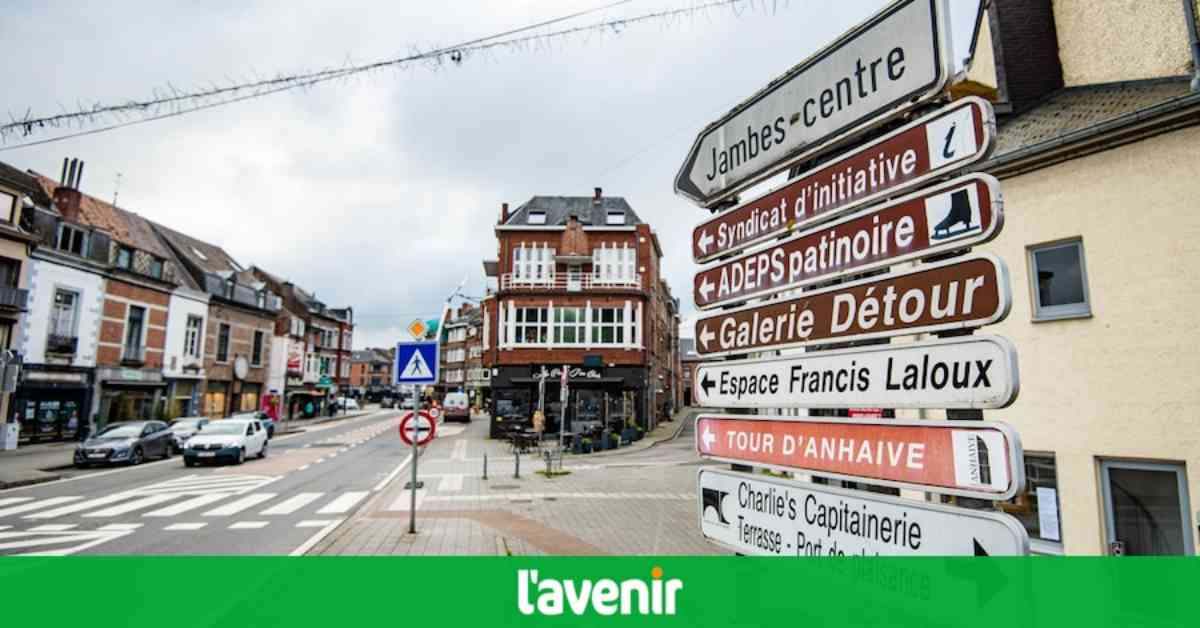The court of appeal in Liège has sentenced two individuals on Thursday who were involved in a shooting incident in Jambes on January 29, 2021 to ten years in prison. A third perpetrator, acquitted of the shooting but guilty of a violent robbery and extortion, was sentenced to eight years in prison. The investigation, which began in 2021, targeted the sale of narcotics in the Namur region by Guineans and Albanians.
An Albanian defendant, leading a cocaine trafficking operation, was a victim of a violent robbery and extortion on January 21, 2021. Retaliation was organized on January 29, 2021, resulting in a shootout at the intersection of Jean Materne and Gouverneur Bovesse avenues in Jambes (Namur). Around ten shots were fired, and one of the individuals and two vehicles were hit.
The two perpetrators behind the retaliatory attack were sentenced to ten years in prison. The third individual, who committed the violent robbery and extortion, was acquitted of attempted homicide as he was acting in self-defense. His sentence for the robbery and extortion charges, initially with a suspended sentence, was increased to a firm eight-year prison term.
The incident highlights the dangers of involvement in criminal activities and the serious consequences that can arise from such behavior. It serves as a reminder of the importance of upholding the law and avoiding engaging in illegal activities that can lead to violence and harm to individuals and communities. The court’s decision sends a strong message that such actions will not be tolerated and will be met with severe punishment to ensure the safety and security of the public.

